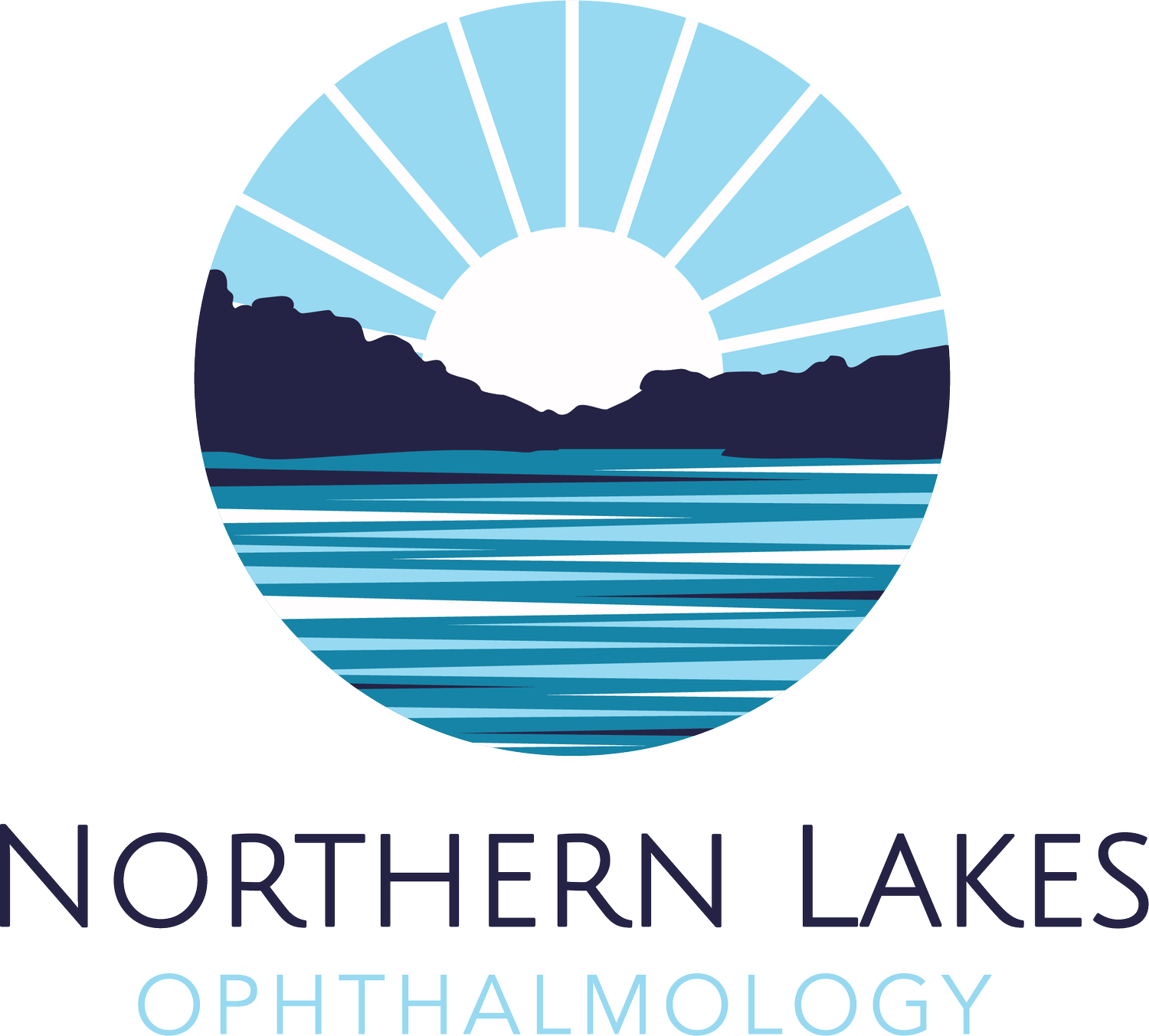Blurry vision? Glare? Trouble driving at night? Is this really caused by cataracts?
The short answer is, yes, there is a good chance if you experiencing blurry vision, glare, or difficulty with night time driving that your symptoms are due to cataracts. Of course there are a wide variety of other potential causes for reduced vision, but in patients who are over 60 years old (and sometime in those who are younger) cataracts are a common cause.
Hearing that you have a cataract for the first time can be anxiety producing for some patients? This is totally normal. A cataract occurs when the natural lens that you are born with inside your eye becomes cloudy. There are many causes for cataract development but natural again is the most common cause and having a cataract is not a sign that your eye is “unhealthy” in any way. This may sound strange but as ophthalmologists we genuinely get excited when we find that the cause of a patient’s blurred vision is a cataract. Why? There are many conditions within the eye including glaucoma, macular degeneration, or diabetic retinopathy that will always progress (at least slowly) if given enough time. Cataracts are addressed with a painless and quick surgery with an extremely easy recovery period that we perform hundreds of times per year. It’s an opportunity to address a cause for blurred vision and glare with a definitive surgery that never needs to repeated. As far as medical issues go, I don’t think there is a single surgery on the planet that has the potential for such a huge improvement in quality of life with such little hassle or discomfort for the patient. And as a bonus, cataract surgery is a wonderful opportunity to discussing becoming independent from glasses with your ophthalmologist (check out our next blog post to hear more about this). There are a wide variety of new technology intraocular lenses available and this is truly an exciting time for surgical vision correction.
If you can’t see at night or still have burry vision despite having new glasses, what is the next step? Just give us a call and we will take care of the rest. As much as we get excited about guiding patients through cataract surgery, we see our role as being there to give you an honest and unbiased opinion as to how much cataract surgery would or wouldn’t benefit you. If it turns out that you do have a cataract and are ready to move forward with surgery then we will streamline the process and take you from point A to Z seamlessly. If it turns out that your cataract is the cause of your blurred vision but you prefer to just keep an eye on things and see us back in a year, you’ll never feel any pressure from us to move forward with surgery before you are ready.
Feel free to learn more from the cataract section on our webpage by clicking right here - Cataracts.
If you think you may have cataracts and are nervous, we hope that reading this post has helped to take away some of your anxiety. If you want to discuss your eye health further and get more comfortable before moving forward, we’d be grateful for the opportunity to work with you and hope to see you soon!
